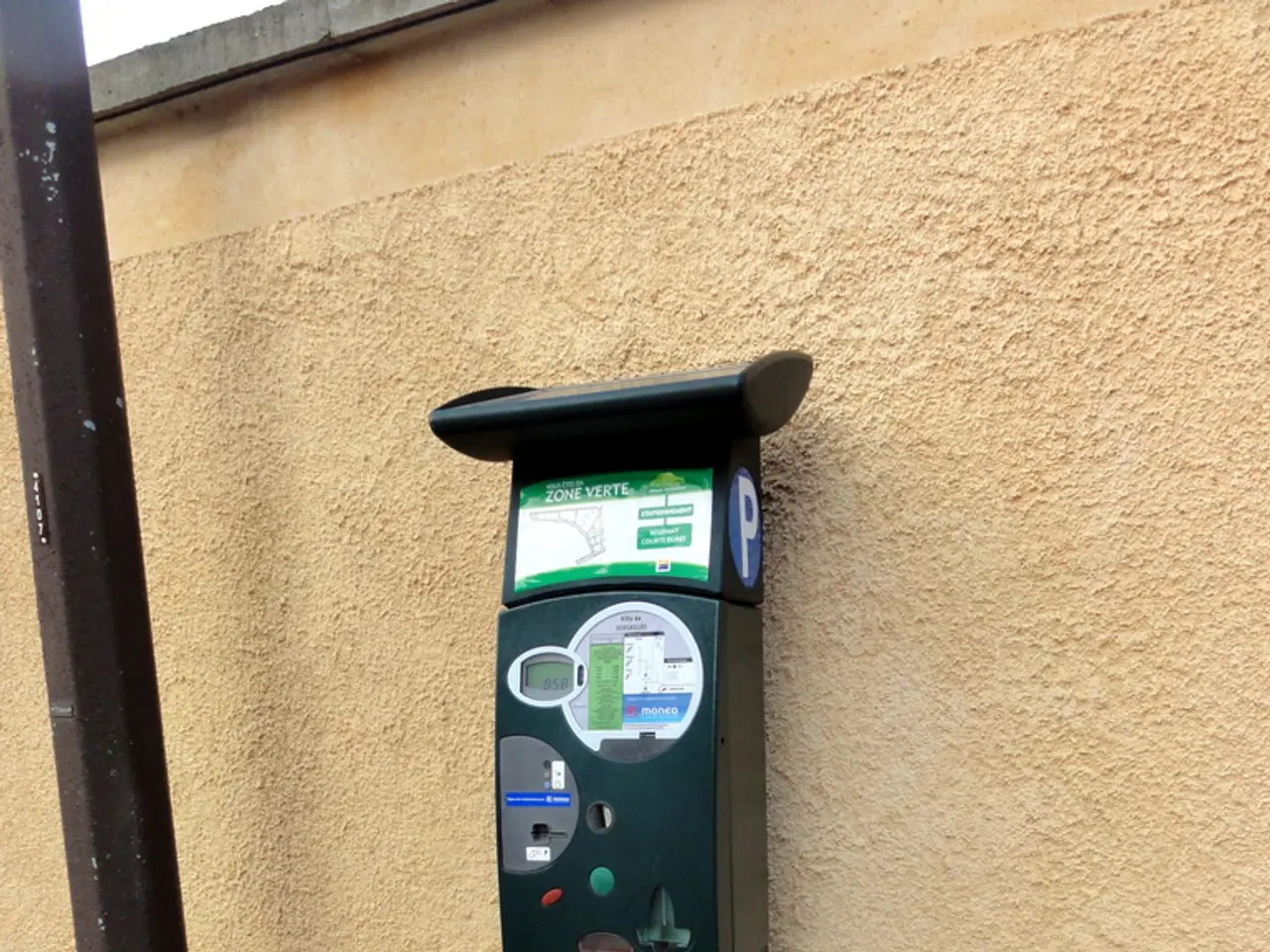Electric charging stations for BP Pulse electric vehicles are set to debut at significant airports across the United States.
BP Pulse Expands Electric Vehicle Charging Network
BP Pulse, the EV charging division of the oil and gas company BP, is expanding its network of charging stations across the United States. The focus of this expansion is on creating charging infrastructure that supports everyday usage, such as commuting, shopping, and dining.
The new charging stations, known as Gigahubs, will be found in metro and urban areas beyond airports and freeways, often in partnership with businesses like Hertz. For instance, BP Pulse is collaborating with Hertz to expand gigahubs to more metro and airport locations across the U.S.
In addition, retail and dining chains such as Bojangles in the Southeast are planning to install EV chargers at most of their approximately 850 locations. This rollout is expected to be largely complete by 2026, representing a substantial expansion into everyday, convenient locations beyond traditional highway or airport sites.
The Gigahub stations, recently opened by BP Pulse, offer amenities like lounges, bathrooms, trash cans, vending machines, and free Wi-Fi. They are designed to serve personal, rental, and rideshare electric vehicles that need to charge quickly. The stations feature 8 Alpitronic 400-kW ultra-fast chargers with 2 Tesla-designed NACS plugs each, as well as 16 Tritium 150-kW chargers with 2 CCS-type plugs each.
During peak hours (2 pm to 10 pm), charging at these stations costs $0.60 per kWh, while the rest of the day it costs $0.40 per kWh. Payment can be made through the BP Pulse app or credit card readers on the individual charging towers.
The newly opened Gigahub station near LAX has 48 chargers, making it one of the largest EV charging stations in the U.S. Access to the lounge and bathrooms will be provided via a code from the BP Pulse app later this year. The staff member will be on duty from 7:30 am to 4:30 pm, but the lounge will only be open when an employee is present.
The Gigahub stations are intended to serve travelers, rental companies, and rideshare drivers who need to charge their electric vehicles. They are part of BP Pulse's strategy to make EV charging more accessible throughout city and suburban environments, beyond travel corridors.
BP Pulse initially focused on Europe but has a U.S. division and opened its first station in Houston last year. The company is planning to build more Gigahubs outside of airports in high-traffic areas near major freeways, as well as in metro areas and high-demand urban spots.
This expansion aims to provide a broad network supporting various user needs, making EV charging more convenient and accessible for everyone.
- BP Pulse, a division of the oil and gas company BP, is expanding its EV charging network across the United States, focusing on creating charging infrastructure for everyday usage like commuting, shopping, and dining.
- In metro and urban areas, Gigahubs, the new charging stations from BP Pulse, will be found in partnership with businesses like Hertz, beyond airports and freeways.
- Retail and dining chains, such as Bojangles in the Southeast, are planning to install EV chargers at most of their locations, representing a substantial expansion into everyday, convenient locations.
- The Gigahub stations offer amenities like lounges, bathrooms, trash cans, vending machines, and free Wi-Fi, designed to serve personal, rental, and rideshare electric vehicles.
- During peak hours, charging at these stations costs $0.60 per kWh, while the rest of the day it costs $0.40 per kWh, with payment options through the BP Pulse app or credit card readers.
- The Gigahub stations serve travelers, rental companies, and rideshare drivers who need to charge their electric vehicles, contributing to BP Pulse's strategy to make EV charging more accessible throughout city and suburban environments.
- Motortrend, with an upcoming review, might find that the expansion of the BP Pulse charging network using the Gigahubs enhances safety, transportation, and lifestyle choices in the automotive industry, particularly in the finance and energy sectors that support electric vehicles and the future of transportation technology.




